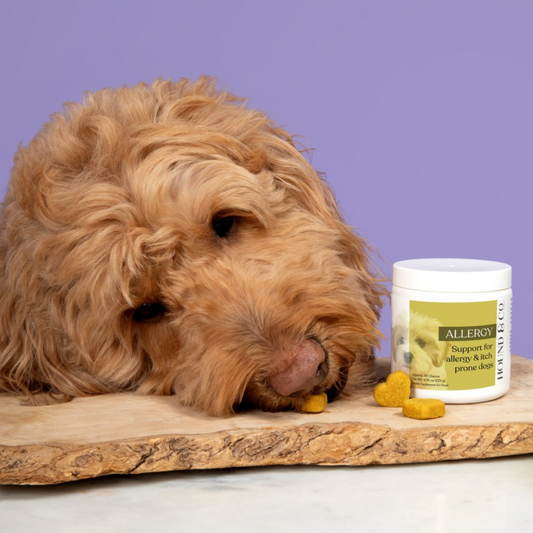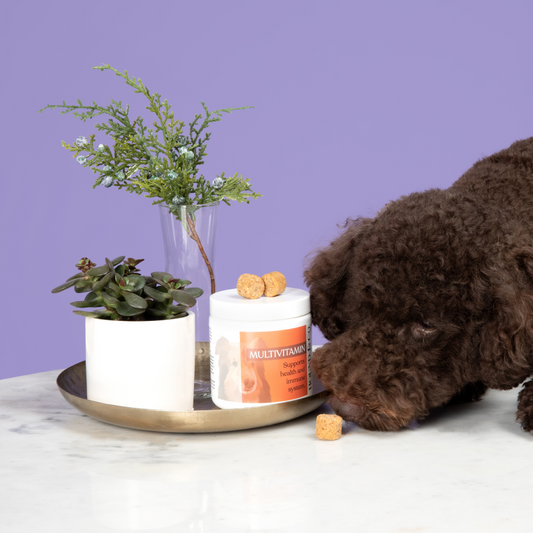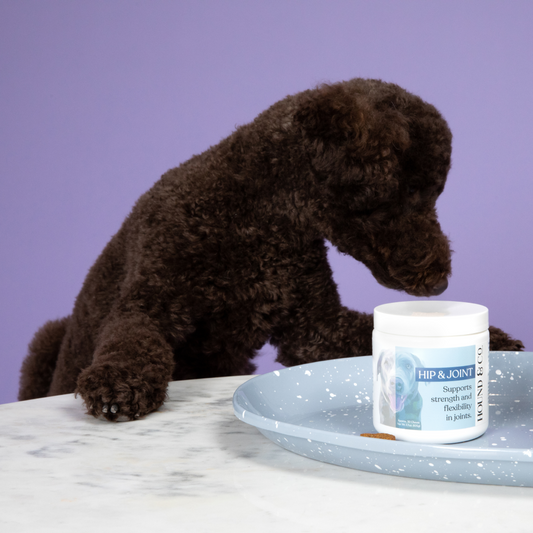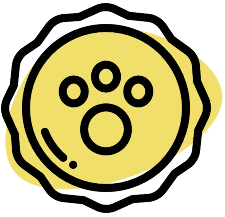10 Things You’re Doing That Accidentally Stress Out Your Dog
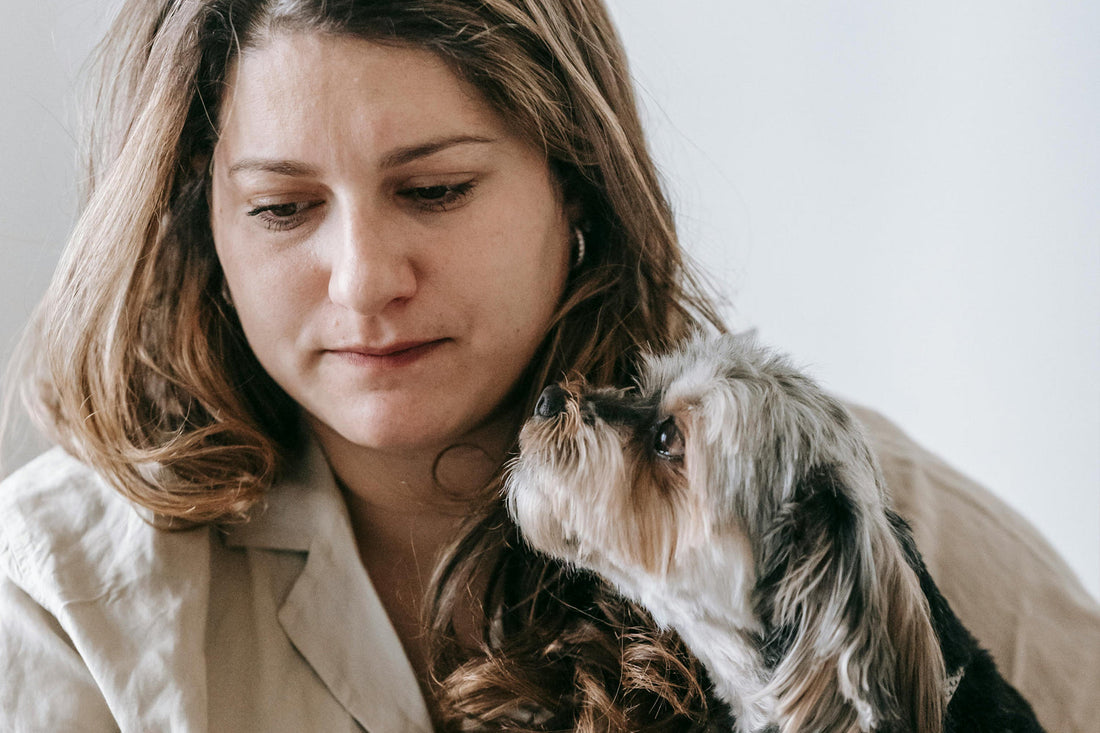
Vet Reviewed by Dr. Jacob Klos, DVM

Dogs are masters of reading body language, routines, and emotional energy—which means they’re often more sensitive than we give them credit for. Even the most devoted pet parent can unintentionally stress their dog out with everyday behaviors. Here are 10 things that may be causing your dog anxiety (and how to help them feel better).
1. Inconsistent Routines
Dogs thrive on predictability. Irregular feeding times, inconsistent walks, or changing your daily schedule can leave your dog feeling uncertain and anxious.
Tip: Try to keep wake-up, feeding, and walk times as consistent as possible—even on weekends.
2. Leaving Without a Goodbye (or Making a Big Deal)
Slipping out the door without warning can confuse your dog. But making a dramatic exit with hugs and apologies can also spike their anxiety.
Tip: Keep departures calm and low-key to signal that leaving is no big deal.
3. Loud Noises or Sudden Sounds
Vacuum cleaners, hairdryers, fireworks, or even a loud TV can overwhelm your dog’s sensitive ears.
Tip: Provide a quiet, safe space during loud activities. Noise machines or calming music can help mask harsh sounds.
4. Strong Scents
Dogs have a sense of smell up to 100,000 times stronger than ours. Scented candles, essential oils, cleaning products, or perfumes can be overwhelming.
Tip: Use pet-safe, fragrance-free products when possible—especially in areas where your dog sleeps or eats.
5. Too Much Alone Time
Dogs are social animals. Being left alone for long periods can lead to boredom, stress, or even separation anxiety.
Tip: Leave interactive toys, rotate enrichment activities, or consider a dog walker or daycare for long days away.
6. Inconsistent Training or Mixed Signals
Using different commands or rewarding behaviors sometimes and not others can confuse your dog and increase stress.
Tip: Be clear and consistent with commands, expectations, and rewards. Everyone in the household should follow the same rules.
7. Staring, Hugging, or Looming
While humans see hugs and eye contact as affectionate, some dogs may find them threatening or uncomfortable—especially from strangers.
Tip: Learn your dog’s body language and respect their boundaries. Let them initiate close contact when they want it.
8. Lack of Exercise or Mental Stimulation
When dogs don’t get enough physical or mental activity, it can lead to pent-up energy, frustration, and stress behaviors.
Tip: Try interactive toys, training games, new walking routes, or short obedience sessions to keep your dog engaged.
9. Changes in Household Energy
Dogs pick up on our emotional states. Stress, arguments, or even subtle tension in the home can affect your dog’s mood.
Tip: Be mindful of your tone and body language. Calm, reassuring energy can help your dog stay grounded.
10. Skipping Socialization
Dogs that aren’t exposed to new people, environments, or other pets may become fearful or anxious in unfamiliar situations.
Tip: Gently introduce your dog to new experiences at their own pace, rewarding calm behavior and creating positive associations.
Final Thoughts
No dog owner is perfect—and no dog expects you to be. But understanding your dog’s stress triggers can help you build a calmer, happier home together. Small changes in routine, environment, and behavior can go a long way in creating the safe, loving space your dog deserves.








